I have installed mysql in centOS and now, want to start the mysql-server. However, I get that error:
# systemctl start mysqld
Failed to get D-Bus connection: Operation not permitted
To fix it, I created a Dockerfile as shown
FROM centos:7
MAINTAINER theodosiostziomakas <mymail@gmail.com>
ENV container docker
RUN (cd /lib/systemd/system/sysinit.target.wants/; for i in *; do [ $i
== systemd-tmpfiles-setup.service ] || rm -f $i; done); \
rm -f /lib/systemd/system/multi-user.target.wants/*;\
rm -f /etc/systemd/system/*.wants/*;\
rm -f /lib/systemd/system/local-fs.target.wants/*; \
rm -f /lib/systemd/system/sockets.target.wants/*udev*; \
rm -f /lib/systemd/system/sockets.target.wants/*initctl*; \
rm -f /lib/systemd/system/basic.target.wants/*;\
rm -f /lib/systemd/system/anaconda.target.wants/*;
VOLUME [ "/sys/fs/cgroup" ]
CMD ["/usr/sbin/init"]
And then run it to create an image.
$ docker build --rm -t local/c7-systemd .
But I am still getting the same error.
I also looked at this proposed solution
Any ideas?
Thanks, Theo.

